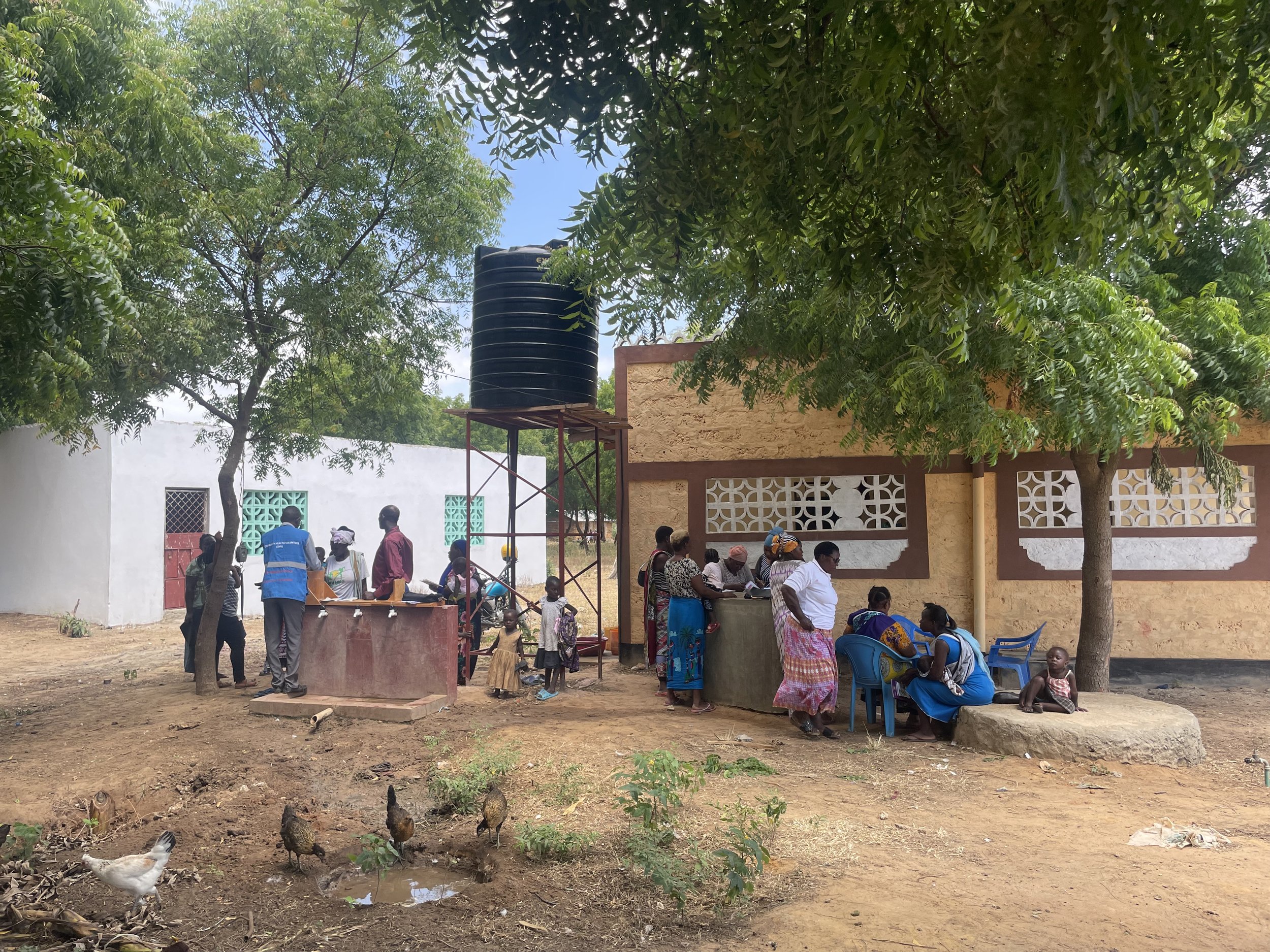
Landmark Findings
ReD’s research is uncovering important findings on trust in healthcare systems and vaccine interventions, as well as the relationship between trust and vaccination – particularly for childhood, COVID-19 and HPV vaccines. This page contains a section of our most important emerging findings.
Work is ongoing to explore most of these topics further, and we welcome input or collaboration suggestions.
1.
Why is the Trust Framework useful
Our survey results demonstrate the utility of the Trust Framework as a tool for measuring and targeting trust in various ways.
Trust is correlated with higher vaccination rates. We call this The Trust Dividend.
Survey data clearly shows a link between total trust score and percentage of group vaccinated across vaccines.
This finding is critical, as it confirms that trust is an important component in vaccine uptake – and that increasing trust in a population is likely to increase vaccine uptake.
Graph: Trust Scores x Vaccination Rates. Data is presented across HPV, childhood, and COVID-19 vaccines for Kenya and only for the latter two for Pakistan. Total trust scores were split into four categories. For HPV, only caregivers of female children are included in the population analyzed.
In other words:
it is worth investing in trust.
The Trust Survey picks up subtle differences in trust across populations
Trust profiles created for different groups of people look different. These differences are important, as they allow us to pinpoint gaps in trust which may be driving vaccination behaviour – and build tailored interventions which target these gaps specifically.
Graph: Trust in COVID-19 & Childhood Vaccines across Pakistan (2023). Plotting the Trust Framework for COVID-19 and childhood vaccines in Pakistan results in distinct trust profiles for each province – highlighting unique trust gaps. For instance, in Balochistan, fairness is notably lower, while safety is lowest in Islamabad.
The Trust Survey clarifies the unique barriers facing vulnerable groups
Vulnerable groups surveyed also show clear differences in their trust profiles. These differences – particularly when contextualised with deep local knowledge or qualitative research – clearly point to new ways of reaching people who are often left behind in public health.
Graph: Trust Profile for Zero Dose Families in two regions of Kenya (2023). Not all zero-dose families are the same – zero-dose families show unique trust profiles in each region, strengthening the argument for interventions that are highly context-sensitive
2.
How does vaccine trust work?
Our combined research results point to some interesting characteristics of trust in vaccines. Many of these are still under investigation, but initial learnings are captured here.
Every vaccination is an opportunity to build trust in broader healthcare systems.
Qualitative data shows that people never assess a vaccine in isolation. Trust in vaccines is always contextualised in the trust communities have for the health systems (and other systems) surrounding vaccines. And each vaccination experience people encounter has the power to shape that trust: not just trust in the individual vaccine, but also trust in the broader health system
“The government that does not even care about our security, how would I believe them when they say they are keeping me safe health-wise?”
Shopkeeper, M, Lagos, Nigeria (2021), on how his low opinion of government shapes his perception of vaccines.
“I see how vaccines solved Polio in my lifetime. Vaccines work… The system works”
Retiree, M, Isiolo, Kenya (2021), on how high trust in vaccines impacts his trust in the overall health system
In other words,
every interaction matters when it comes to building trust.
Bad experiences, like coercion, can harm future uptake
“They shouldn’t have made it mandatory and forced us to take the vaccine. It makes me think there must be a reason why [some] people…don’t have their children vaccinated.”
Housewife, Lahore, PK (2023), on how COVID-19 vaccine mandates have introduced some doubt, for her, about childhood vaccines
Bad experiences can decrease trust in vaccines as a whole. This came out clearly in the qualitative research when investigating the impact of COVID-19 vaccination mandates, which seem to have had a lasting negative trust impact in many communities.
When COVID-19 vaccines were introduced within low-trust health systems, their visible prioritisation was met with some confusion and suspicion
In this context, mandates compounded this unease – greatly damaging trust in the promise of the COVID-19 vaccine specifically.
During the 2023 HPV vaccination research, COVID-19 mandates were mentioned frequently as a reason for generalised suspicion of vaccines – indicating lasting trust damage.
Women’s trust is particularly important to understand and build
Women’s trust matters for vaccine uptake – even when women do not make their own health decisions, we still see a correlation between their trust levels and vaccination rates. Trust is clearly impacting women’s demand for vaccines. But the precise mechanism of this influence is less clear – pointing to the need for more research into women's vaccine decision-making in the future.
Graph: Trust score x COVID-19 vaccination rates, women w/ & w/o decision-making power. While only 34.1% of female respondents in Pakistan state that they are ‘in charge of their own health decisions’, trust is correlated in our data with COVID-19 vaccination rates, even for women who report not making their own health decisions.
Additional findings
Here you can access our qualitative report on the dimensions of vaccine trust (2023).

















